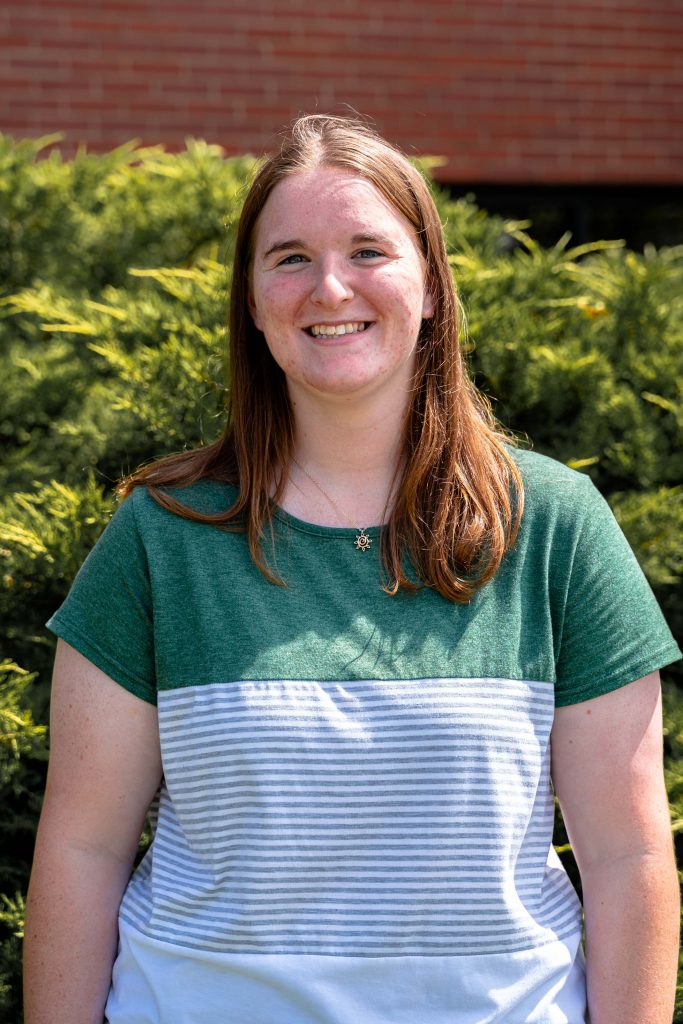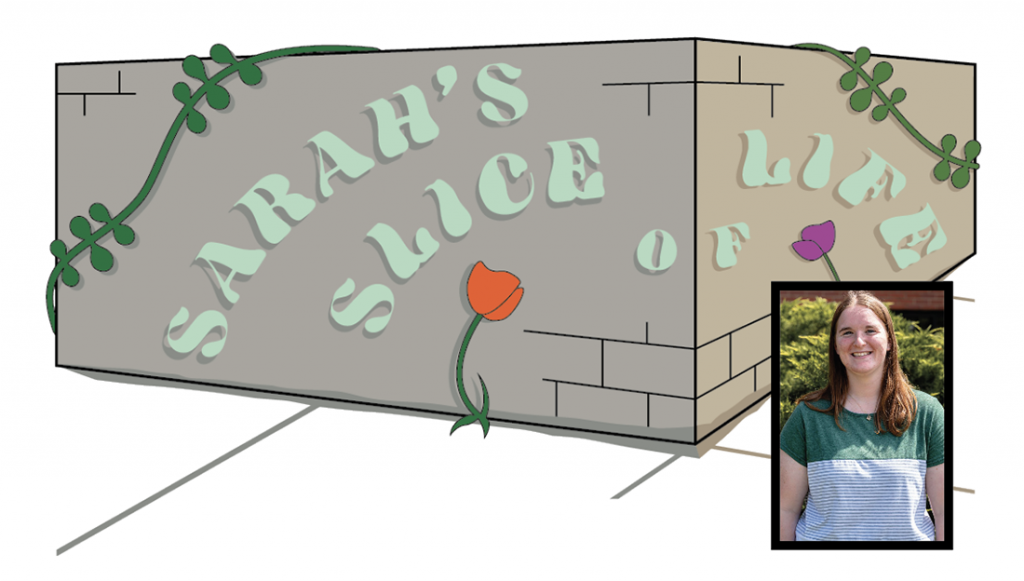I used to have a fear associated with Thanksgiving, and no, it wasn’t missing out on pie because I had already eaten too much corn pudding. If you imagine a typical Thanksgiving Day, then you’ll probably be able to picture the time I feared the most.
Dishes of stuffing and glazed ham sit on the kitchen counter, uncovered and steaming, and a large family gathers in the kitchen. A football game on the living room TV plays, but it’s muted. The pies, puddings and puree-filled desserts wait on another table, right beside a cardboard turkey centerpiece and a vase of yellow and orange flowers.
However, one thing separates the prayer and the eating: gratitude.
Everyone stands in a circle, and each person must say one thing they’re grateful for before the circle breaks and the eating can begin. For anyone who struggles to think of something to say, an uncle speaks on their behalf, interrupting from where he stands in the corner.
“You’re alive, aren’t you?” he says.
Maybe you’ve never experienced this situation, but it’s a common practice in my family to say one thing we’re grateful for on Thanksgiving. Perhaps most people wouldn’t have a problem with this, but as a child, I always hated and feared this tradition. Of course, I had many things to be grateful for, but did I have to say them out loud, in front of everyone?
Now, I understand the importance of the practice, but I still wonder if it’s a bit shallow. One day of the year, we place special emphasis on gratitude, combing our thoughts, memories and values for something to say when it reaches our turn in the circle. We say things like “family,” “home,” “food” or “God,” and then we release Uncle Pete’s hand after praying, wipe off his palm sweat and grab some sweet potato casserole.
But do we really mean it? What about all the other days of the year besides that one Thursday in November? Isn’t it a bit shallow to be thankful one time just to have something to say in front of all the aunts, uncles and cousins?
Gratitude doesn’t need to be so superficial or transitory. It should take place within every ordinary day, infusing each hour of our lives with a spirit of gratefulness. Of course, this is not possible without the sense of wonder that leads us to notice the beauty of ordinary things.
If we cannot be grateful for the birdsongs that come with the rising sun, the deep silence of a night under the stars or the little oak tree shedding its golden leaves, then how can we be grateful for the big things like family, freedom or a home? Noticing ordinary things cultivates gratitude, and gratitude guides us to live each day like it’s an actual gift.
I believe Emily Dickinson captures this sentiment best when she writes that “forever is composed of nows” in her poem of the same name. Often, a thankfulness for abstract things fails to develop the same sense of gratitude that a thankfulness for ordinary moments does.
A gratitude for “family” becomes a gratitude for how your mother wakes up early every morning to make you breakfast before school. A gratitude for “a home” becomes a gratitude for a quiet evening spent on the couch with friends in your apartment, and a gratitude for “God” becomes an overwhelming spirit of gratefulness for everything God gives you during the day — the yellow glow of the sunrise, the fresh smell of the air or a quiet moment of breath.
Ultimately, the notion of Thanksgiving should extend to every one of our “nows,” giving us the eyes to appreciate the ordinary things that impute value and beauty to each day. It shouldn’t be reserved for that family circle, spoken aloud only to appease the “gratitude” tradition on Thanksgiving.
We should live our lives in a posture of thankfulness, being ever grateful for the true and beautiful world that stretches in front of us every day. If we have the eyes to see, then we must also have the heart to be thankful.
I mean, you’re alive, aren’t you? Isn’t that enough reason to be grateful?
Tate is the Editor-in-Chief for the Liberty Champion. Follow her on Twitter

